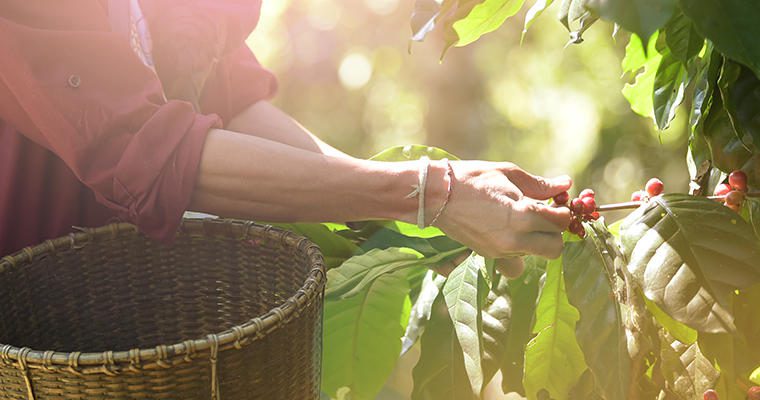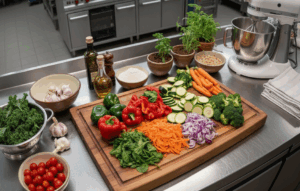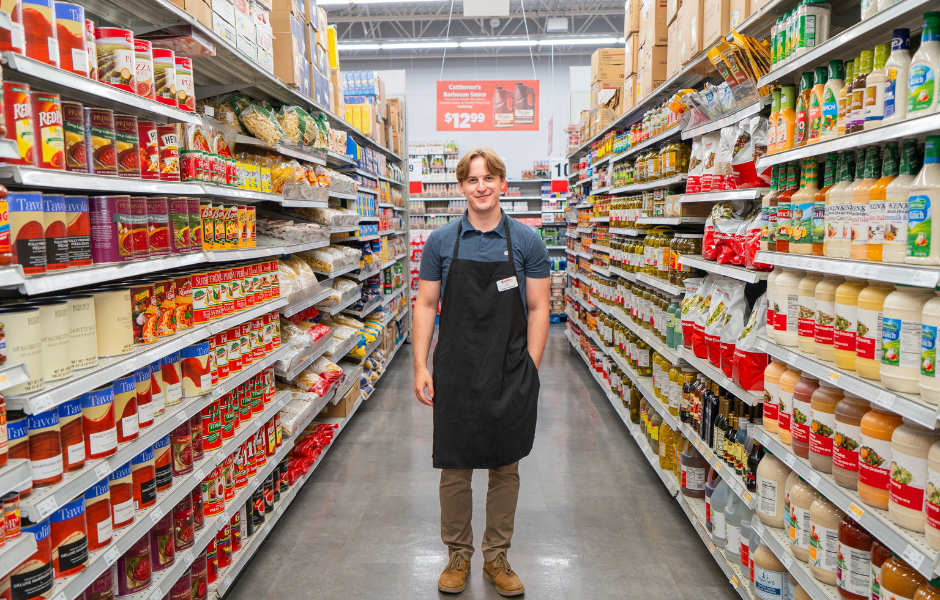It’s strange to think, but your wine list and your coffee menu may have more in common than you think. You can thank the growing popularity of single-origin coffee.
Single-origin coffees come from one location—a country, a region, a farm, a crop. As with wines made from grapes grown in a specific region of France or California, single-origin coffee indicates a promise of consistency and quality.
None of this is to say blends are bad and single origin is good. There are many delicious blends out there, crafted by roasters with a focus on volume and economy. Some roasts can hide the true flavor of the coffee. Single-origin coffee offers distinct flavor notes.
For sophisticated coffee drinkers, flavor is everything. A National Coffee Association survey cited taste (94%) as the determining factor in choosing a coffee. With many complex coffee tastes available, single origins are driving a change in the way people consume coffee.
With single-origin coffee, it’s possible to feature distinct coffee characteristics with a story about the source behind each cup. This is important to some consumers as a way to sustain small farms and sustainable growing practices. To others, there’s an allure to sampling small-batch brews with unique characteristics.
For the coffee sellers, the growing popularity of single-origin coffee fits right in with the demand for gourmet offerings. Each cup can command a higher price, and the story behind the flavor profiles can increase value, consumer satisfaction and loyalty.
To meet the demand, Mosaic is offering two new single-origin coffees:
- Guatemalan (Item No. 106250)
- Ethiopian (Item No. 866370)
Each one is Rainforest Certified, offering customers the opportunity to explore the fresh flavors, aromas and attributes of this popular beverage.











